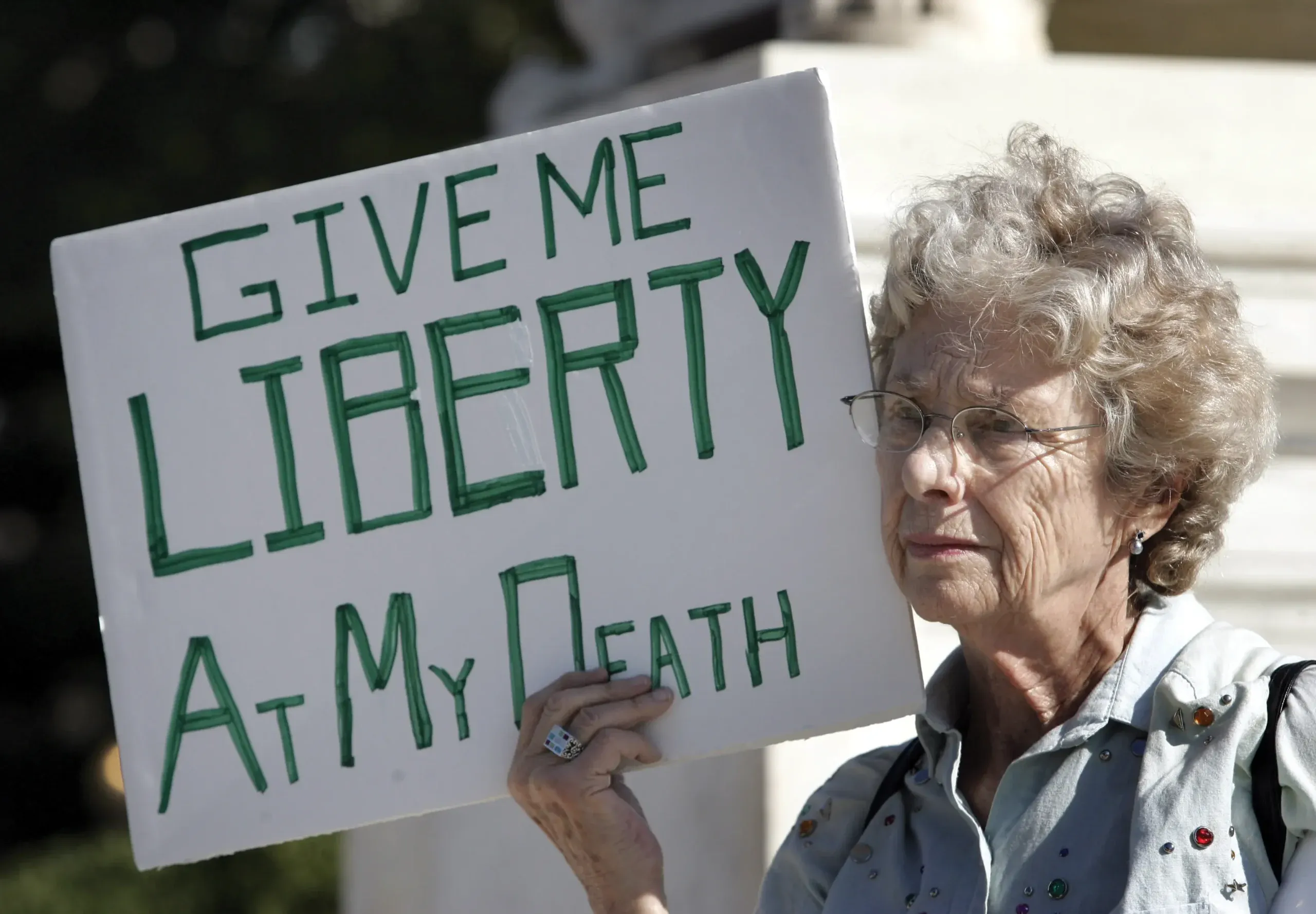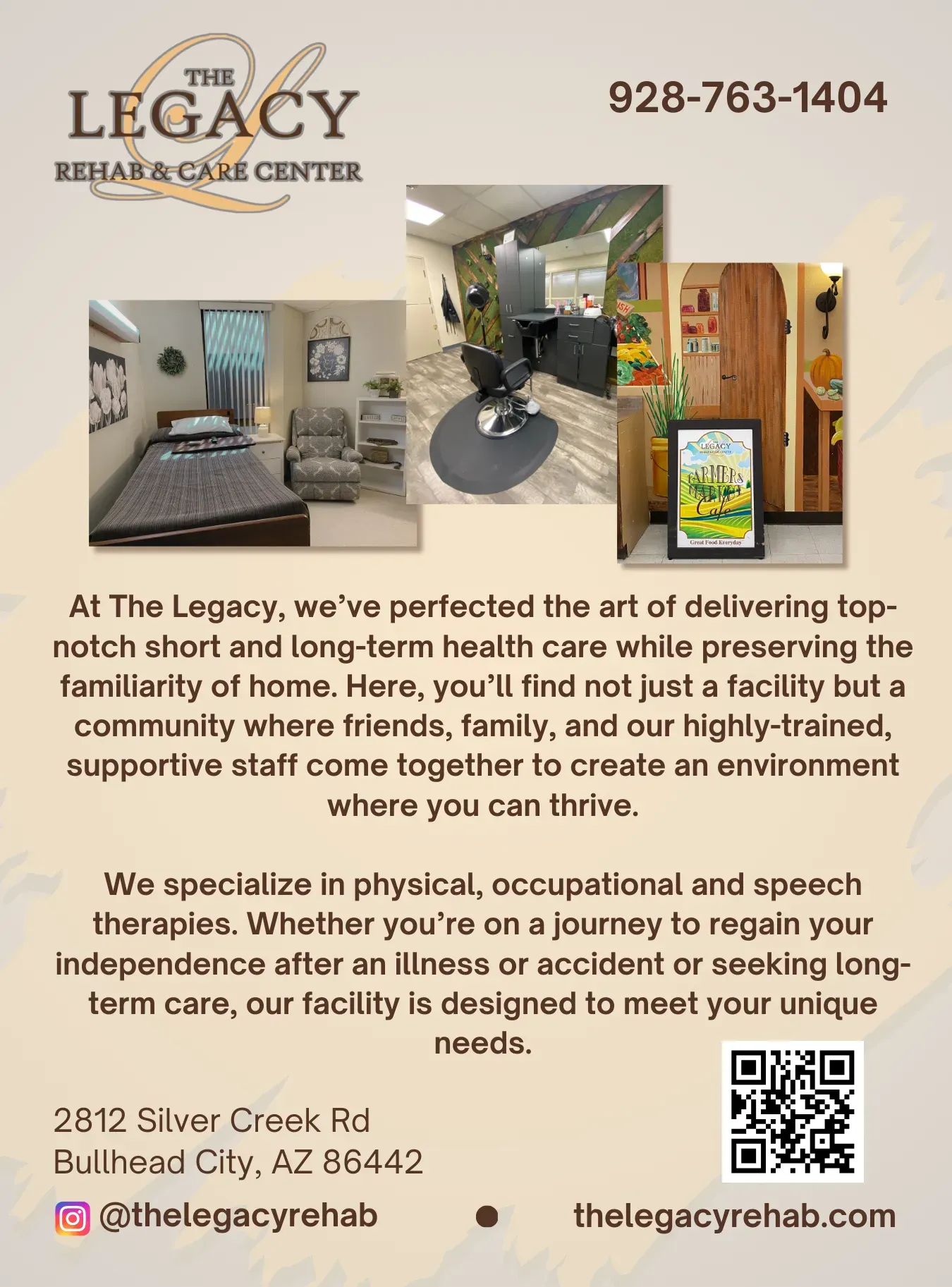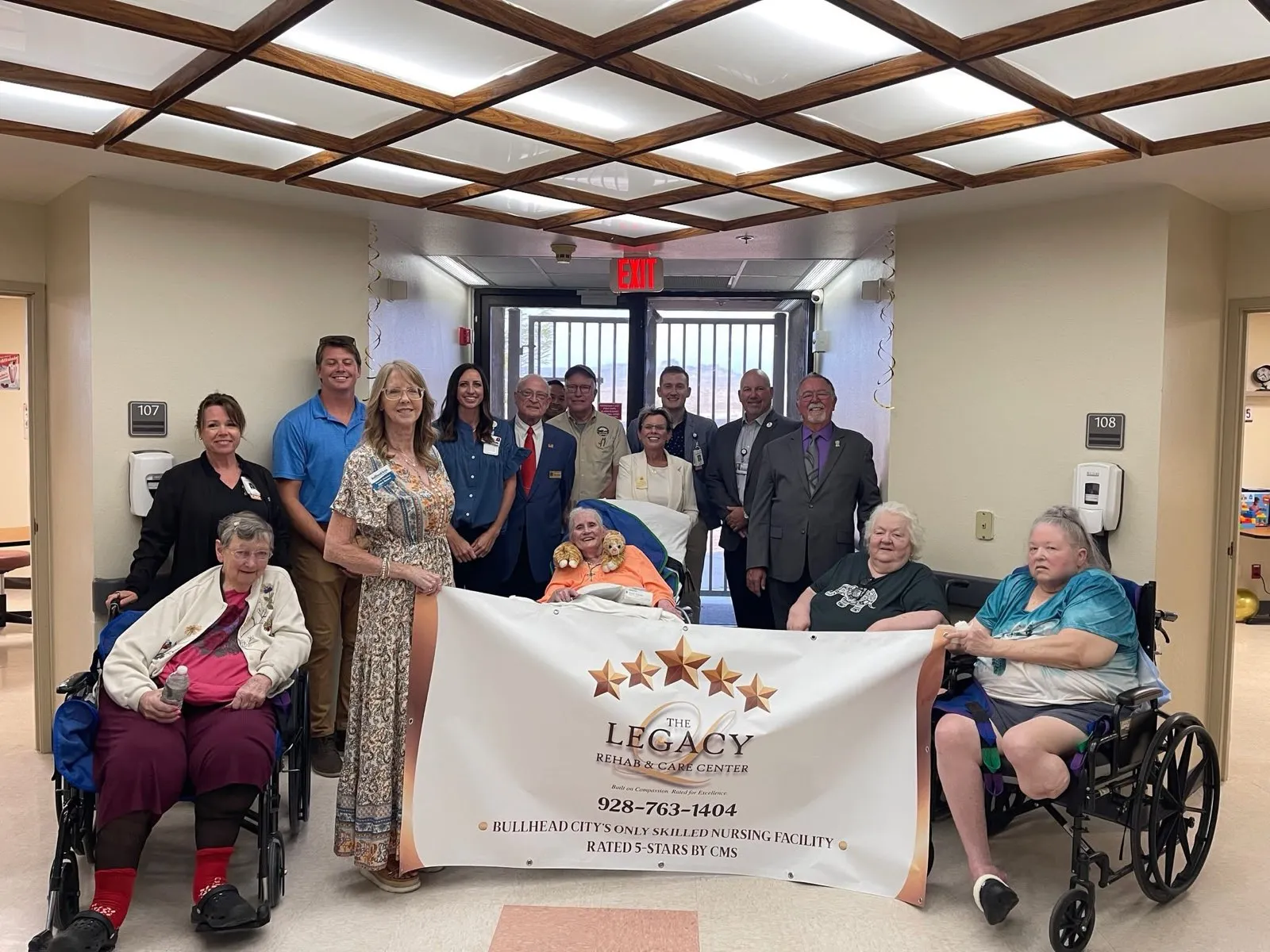NATION – Medical Aid in Dying (MAID) is a growing movement in the United States that allows terminally ill patients to voluntarily end their lives with the assistance of a physician. Unlike euthanasia, where a third party administers the life-ending dose, MAID requires that the patient self-administer the prescribed medication. This distinction is a critical factor in the legal and ethical debates surrounding the practice.
The Growing Legality of MAID
As of 2025, MAID is legal in ten U.S. states and Washington, D.C. These states include California, Colorado, Hawaii, Maine, Montana, New Jersey, New Mexico, Oregon, Vermont, and Washington. Additionally, legislative efforts are underway in several other states to expand access to this option. Supporters of MAID argue that it provides a humane and dignified choice for those facing unbearable suffering in their final days, while opponents raise concerns about ethical implications and potential vulnerabilities among patients.
Safeguards in MAID Legislation
Each state that permits MAID has established rigorous guidelines to ensure the decision is voluntary and well-considered. Generally, patients must be terminally ill with a prognosis of six months or less to live. They must be mentally competent to make the decision and must make multiple requests for the medication, typically with a mandated waiting period of around two weeks.
Two physicians must confirm the diagnosis and the patient’s mental capacity. In many states, patients are also required to make both an oral and written request. Furthermore, some jurisdictions necessitate a psychological evaluation if there are concerns about the patient’s mental health or decision-making ability.
The safeguards in place are designed to prevent coercion and ensure that only those who truly wish to end their suffering can access the medication. These measures aim to balance the right to self-determination with the need to protect vulnerable individuals from undue pressure or rash decisions.
Arguments in Favor of MAID
The expansion of MAID has sparked debate across the political, medical, and religious spectrums. Proponents argue that MAID aligns with the principles of autonomy and compassion, allowing individuals to avoid prolonged suffering and die on their own terms. Many cite cases of patients experiencing extreme pain, loss of dignity, and reduced quality of life, who see MAID as a way to regain control over their final moments.
Dr. David Grube, a retired family physician and national medical director for Compassion & Choices, a leading advocacy group for MAID, has spoken in favor of these laws. “Medical aid in dying is about providing options for patients facing the most difficult moments of their lives,” he said. “It allows people to make a rational, informed choice when they are suffering with no hope of recovery.”
Concerns from Opponents of MAID
Opponents, however, raise concerns about potential abuse and the moral implications of allowing doctors to prescribe life-ending drugs. Religious organizations, in particular, often view the practice as morally unacceptable, equating it to suicide. Disability rights groups worry that legalizing MAID could lead to societal pressure on disabled and elderly individuals to end their lives rather than seek long-term care.
Dr. T. Brian Callister, a physician and vocal critic of MAID, warns of unintended consequences. “Once you normalize assisted death, you risk devaluing the lives of people with chronic illness and disabilities,” he said. “We must ensure that all patients have access to quality palliative care and support, rather than feeling that their only option is assisted death.”
Personal Stories and Public Perception
The discussion around MAID has been further influenced by personal stories that highlight the deeply human side of the issue. In New Jersey, Robin Plumer, a woman diagnosed with amyotrophic lateral sclerosis (ALS), made headlines when she chose to end her life under the state’s MAID law. She allowed a reporter to document her final hours—though not the moment of death—to raise awareness about the option.
Plumer’s case underscores the reasons many patients seek MAID: the desire for control, the avoidance of prolonged suffering, and the ability to die peacefully in a manner of their choosing. Her story resonated with many and contributed to ongoing discussions about the importance of personal choice in end-of-life care.
The Future of MAID in the United States
With public opinion shifting toward greater acceptance of end-of-life choices, the future of MAID appears to be one of gradual expansion. Polls indicate that a majority of Americans support the option for terminally ill patients, though support varies depending on religious and political affiliations.
Legislative battles continue in several states where MAID is not yet legal. In states like Massachusetts, Connecticut, and Nevada, lawmakers are considering bills that could bring MAID to more patients. Advocacy groups such as Compassion & Choices and the Death with Dignity National Center are actively working to promote these laws and educate the public about their implications.
Opposition to MAID in Certain States
On the other hand, some states have reinforced their opposition to MAID, with lawmakers introducing bills to prevent its legalization. The debate will likely persist as medical, ethical, and legal perspectives continue to evolve.
A Shift in Society’s Approach to Death
Medical Aid in Dying represents a significant shift in how society approaches death and the rights of terminally ill patients. For its supporters, it offers a compassionate alternative for those facing unbearable suffering, while opponents fear its potential consequences and ethical dilemmas. As the movement grows, the challenge for policymakers will be to balance these perspectives while ensuring that patients retain their right to make deeply personal decisions about their own lives.
—Stephen Lightman









